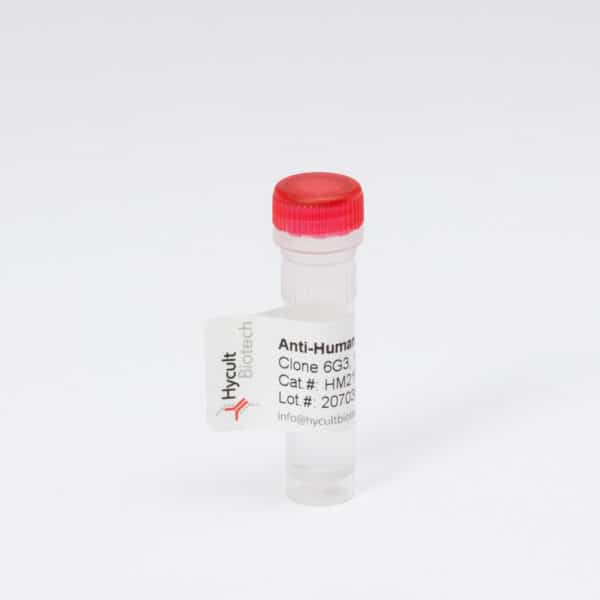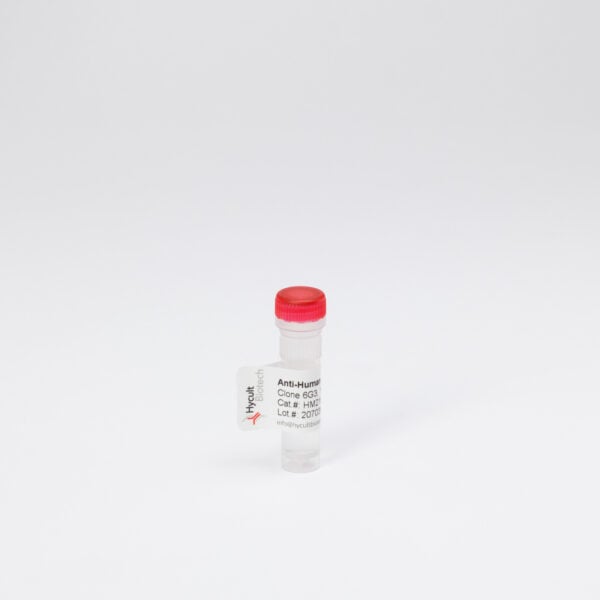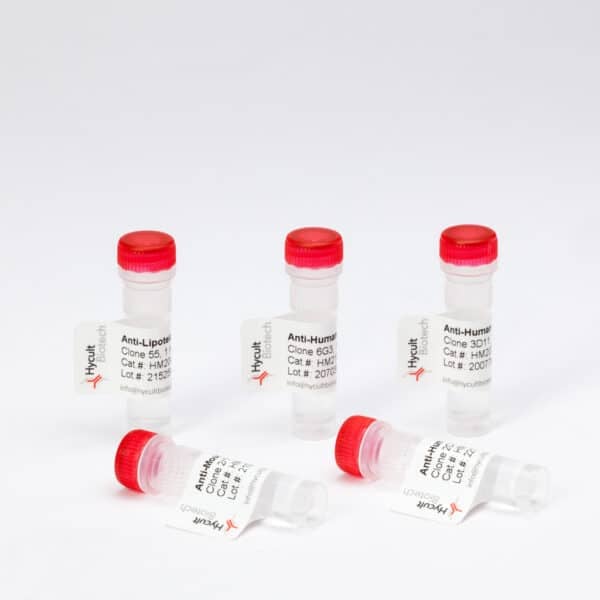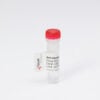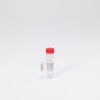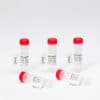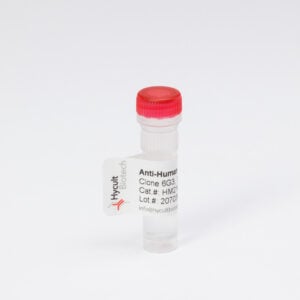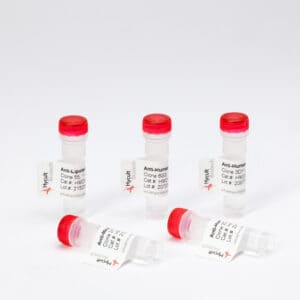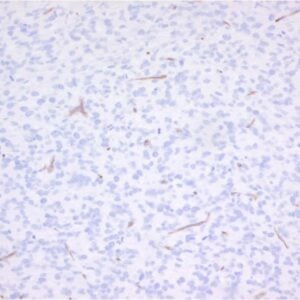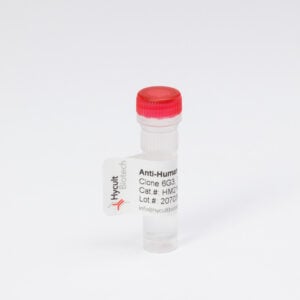Occludin, Human, pAb
€133.00 – €414.00
The polyclonal antibody reacts with human occludin, an integral membrane protein specifically associated with tight junctions. These specialized regions of the plasma membrane prevent the diffusion of dissolved molecules between adjacent epithelial cells, seal off body cavities such as intestine or stomach lumen and prevent the diffusion of membrane proteins and glycolipids between the apical and basolateral regions of the plasma membrane. Occludin is localized at tight junctions of both epithelial and endothelial cells and is highly expressed in kidney and has not been detected in testis. On the cytoplasmic surface of occludin, a domain within the C-terminal 150 residues has been shown to bind directly to the well-characterized tight junction protein zona occludens 1 (ZO-1). The antibody is generated against recombinant human occludin (aa 358-504). The polyclonal anti-human occludin antibody cross reacts with rat, mouse and dog occludin.
